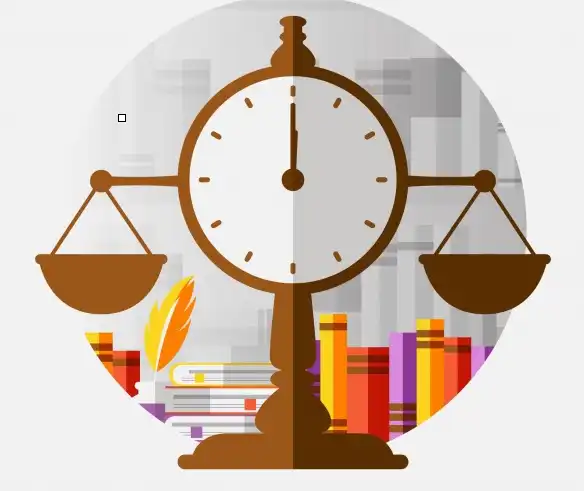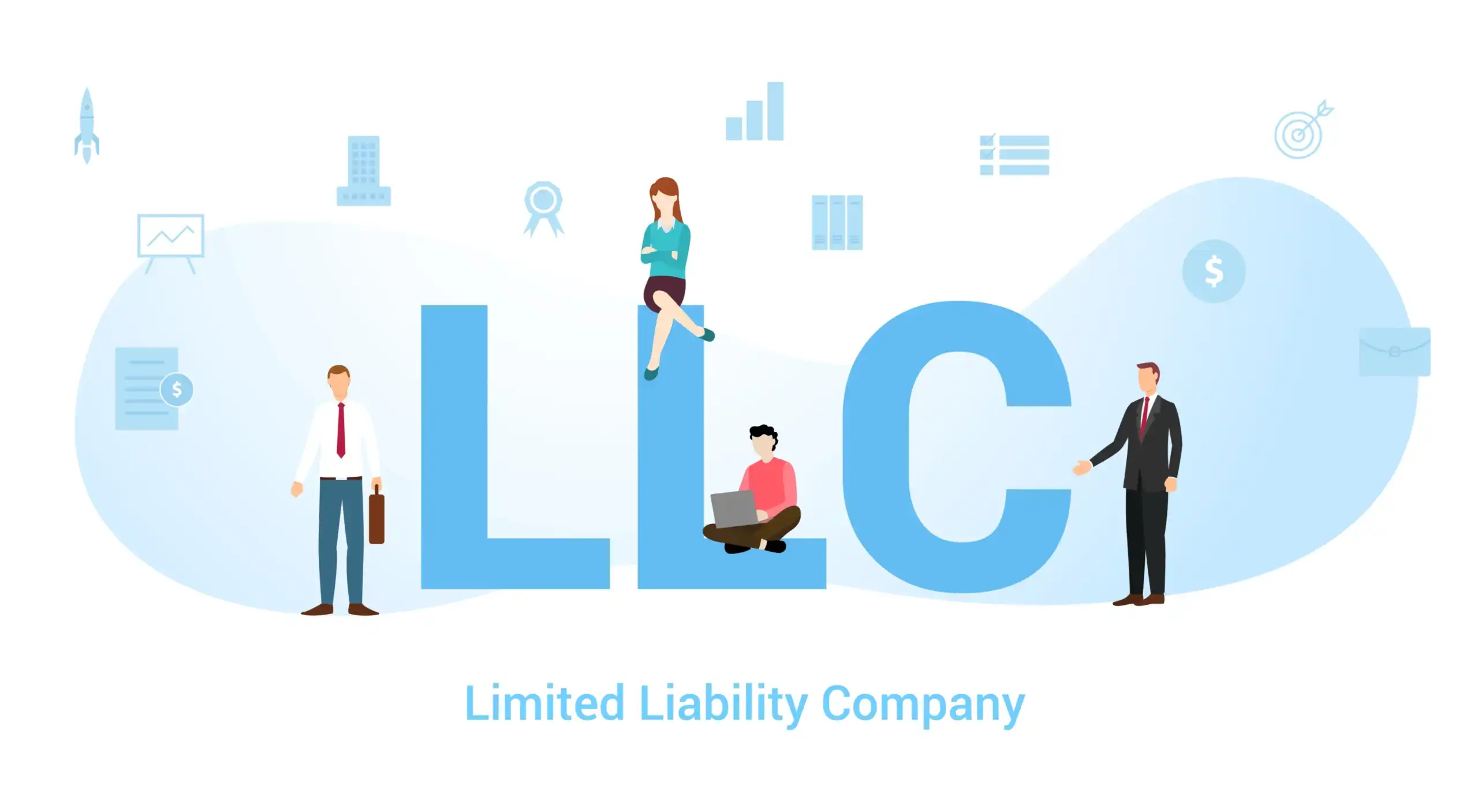One of the most crucial and frequently the most difficult parts of operating a small business is tax management. Knowing what kind of taxes your company can be liable to, how deductions can aid you, and what forms you should submit can assist you in remaining in compliance, decreasing your tax liability, and eventually, enhancing your bottom line.
Over the course of this comprehensive guide, we will cover all the basics, including the kind of taxes on small business you may have to deal with, the most frequently used deductions, write-offs of cars and home offices, and how to avoid penalty and plan ahead.
Learning about Small Business Taxes
There are numerous forms of taxes in both federal and local levels that small businesses may encounter. All businesses will not pay all forms of taxes but it is important to know which of them may be applicable to your business depending on its structure, location, and operations.
Income Tax
Every other business, other than a partnership, is required to file a federal income tax. Partnerships complete an information return (Form 1065), and individual partners report their share of income on their personal tax return.
The following is how filing works depending on the type of business:
- Sole Proprietorship: File Form 1040 or 1040-SR + Schedule C (or Schedule F for farms)
- Partnership: File Form 1065 (informational), and partners file Schedule E with Form 1040
- S Corporation: Form 1120-S (informational), shareholders complete Schedule E with Form 1040
- C Corporation: Pay taxes at the corporate level and file form 1120
- LLC: Taxation is determined by the structure of the LLC- may be taxed as a sole proprietor, partnership or as a corporation
Self-Employment Tax
As a sole proprietor or a partner in a partnership, you pay self-employment tax that includes Social Security and Medicare. It is now 15.3 percent and is reported with Schedule SE on your individual tax return.
Employment Tax
When you have employees, you are required to withhold and pay:
- FICA (Social Security and Medicare)
- Federal Income Tax Withholding
- Federal Unemployment Tax (FUTA)
They are submitted through forms 940, 941, 943 or 944 depending on the type of your business.
Excise Tax
Excise taxes are charged on certain goods or services, including fuel, air transportation, alcohol, tobacco, and indoor tanning. They are lodged on forms such as 720, 730, 2290 or 11-C. These taxes may be either federal, state, or local.
Sales Tax
Most states and many cities impose sales taxes. When you sell taxable goods or services, you should:
- Register with your state tax authority
- Charge sales tax to customers
- Make returns and pay the tax
Rules on sales tax differ in each state, so please make sure to see local laws.
Other State and Local Net Taxes
You may also be required to pay depending on where you are based:
- Income tax by state
- Business property tax (owned building, land or equipment)
- Franchise tax (in certain states, franchise tax on the privilege of doing business)
- Business licenses
Estimated Taxes
Rather than paying your taxes annually, most small business owners have to pay quarterly pay estimates to pay income and self-employment taxes. You will file form 1040-ES (individuals) or form 1120-W (corporations).
You are usually expected to pay estimated payments in case:
- You anticipate paying at least 1,000 dollars in tax as an individual.
- As a corporation, you anticipate owing at least 500 dollars
Tax Deductions: Reducing Your Taxable Income
Tax deductions enable you to deduct the expenses of your business against your total income so that you are taxed on less income.
In a nutshell: The fewer the taxable income, the less the tax bill.
So, what are the most popular deductions that can be used by small businesses?
Ordinary and necessary expenses
An ordinary and necessary deductible business expense according to the IRS should be:
Ordinary: Normal and standard in your industry
Needed: Useful and suitable to your company
Examples include:
- Office or warehouse rent
- Utility items such as electricity, water, and internet
- Salaries, bonuses, sick leave and vacation pay of employees
- Contractor wages (not your own wage as owner though)
- Law and accounting expenses
- Premiums of business insurance
- Advertising and marketing expenses
- Business travel costs (transport, accommodation, food)
- Contributions to pension (in case of employee plans such as SEP or SIMPLE)
- Local or state government taxes
- Business loans interest
Non-Deductible Expenses
Not every expense is deductible. Items that are not deductible are common such as:
- Charitable contributions (except by registered business charity)
- Political contributions
- Club memberships
- Entertainment costs
- Penalties and fines
- Specific Deduction Areas
Certain kinds of costs are subject to special regulations. These usually cover depreciation of assets, traveling costs, and home office costs.
Depreciation and Section 179
Large assets such as equipment, furniture, or software cannot be always fully deducted in the year of purchase. Rather, you frequently need to write them off in a number of years.
With Section 179, however, you can potentially write off the full amount in the year the asset went into service.
- 2024 Section 179 Limit: 1.22 million
- Some assets may also receive bonus depreciation
- There are restrictions on SUVs and purchases beyond a certain limit
Say your business generates 2 million dollars of income and you purchase 500 thousand dollars of equipment, you could write off the entire amount of equipment and reduce your taxable income to 1.5 million dollars by using Section 179.
However, assuming you make only 400,000, you will only be allowed to deduct 400,000-Section 179 cannot be used to generate a loss.
Vehicle Deductions
You can deduct the expenses of a car or truck used in business. This can be done in two ways:
Standard Mileage Rate (2024 rate: 67cents per mile)
- You multiply the business miles travelled by the IRS rate
- Supports gas, repairs, insurance-in one rate
- Separate parking fees and tolls can be charged
- Have to do this way during the first year of use of the vehicle
Actual Expense Method
- You keep a record of all expenses on cars (gasoline, repairs, insurance, etc.).
- You determine the percentage of use of the vehicle as business use.
Then subtract that part of total expenses
Regardless of the method you use, good record-keeping is essential. Track the mileage through applications and save receipts.
Home Office Deduction
When your business is home based you can claim part of the home costs. The space should be used on a regular and exclusive basis in order to qualify. It should also be the main place of business.
Simplified Method
- Subtract 5/square foot of business space (max 300 sq. ft.)
- It is easy to compute, but small in quantity
Regular Method
- Compute the percentage of your residence used in business
- Subtract that percentage of real expenses: interest on mortgage, rent, utilities, insurance, repairs, depreciation
- Once more, proper documentation is a big help.
Small Business Tax Credits
Whereas deductions cut down taxable income, credits cut down tax paid. They can have a huge impact dollar per dollar.
Typical small business tax credits are:
- Work Opportunity Tax Credit (WOTC): When employing members of specific groups (e.g. veterans, long-term unemployed)
- Employer-Provided Childcare Credit: To assist employees with childcare expenses
- Small Business Health Care Credit: To provide health insurance to the employees
- Research Activities Credit: When investing in innovation and development
There are different eligibility rules and forms of each credit and they are usually posted on the IRS site.
Filing and Compliance Tips
Knowing what to deduct does not end handling taxes well. You must also file timely, not get any penalties, and remain organized all year.
Make Good Records
- Record income and expenses in real time
- Save both electronic and paper receipts
- Accounting software or apps
- Retain tax returns at least 6 years
Be Aware of Your Deadlines
Businesses do not have only one deadline, as opposed to most people who file on April 15, but several deadlines, particularly those involving:
- Quarterly employment taxes
- Quarterly estimated taxes
- Yearly income tax returns
- Filing sales tax (usually monthly or quarterly)
- The entire calendar can be found in IRS Publication 509
Escape Penalties and Audits
Late payments or failure to file may result in penalty and interest. You can also be audited randomly, particularly in the following cases:
- You take huge deductions
- You report abnormal costs in your industry
- Your return contains mistakes or discrepancies
Obtain an EIN
An Employer Identification Number (EIN) is required by most businesses. It is IRS-free and applied to majority of tax forms. Sole proprietors who do not hire employees may use their Social Security number, although an EIN would also be a good long-term strategy to increase.
Taxes on Small Business and Large Businesses
Some of the major differences between the taxation of small and large businesses exist:
Aspect |
Small Business |
Large Business |
| Filing Forms | Schedule C, 1120-S, or 1040-ES | Form 1120, consolidated filings |
| Deductions | Home office, startup costs, Section 179 | R&D credits, foreign tax credits |
| Resources | Often external accountants or software | In-house tax teams and legal departments |
| Compliance | Simpler but still strict | More complex, more frequent audits |
| Entity Type | Sole prop, LLC, S corp | Usually C corp |
Help Resources
There is a wide variety of free resources that small business owners can access through the IRS and state agencies:
- Small Business and Self-Employed Tax Center at IRS
- Publication 334: Tax Guide on Small Business
- Business Expenses: Publication 535
- State tax websites (through the IRS list of state agencies)
To get more individual assistance, you might want to employ a CPA or tax consultant specializing in small business taxes. Their charges even qualify as tax deductible!
Final Thoughts
Taxes are frightening, yet they are a potent instrument in enhancing the cash flow of your small business. And by knowing what taxes you need to pay, keeping up with deductions, and making excellent records, you will save yourself tax–and be able to put more of your hard-earned money back into growth and success.
When you feel overwhelmed, do not go it alone. Tax professionals are also capable of assisting you to come up with intelligent plans, error-free, and profitable future plans. We at The Finance Focus are experts in the field of assisting small businesses to become tax savvy. Contact our team now and we will help you make tax season work to your advantage-not a nightmare.





